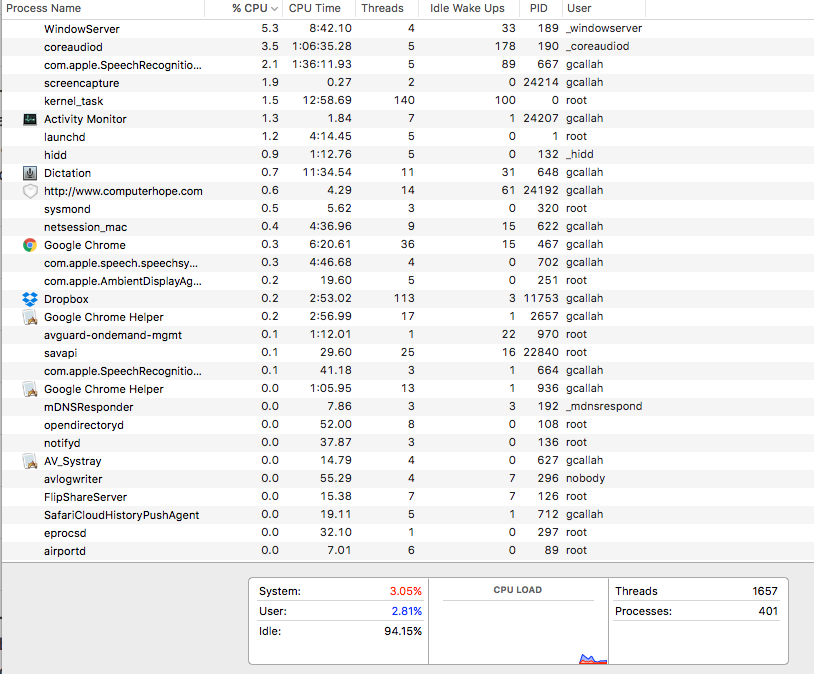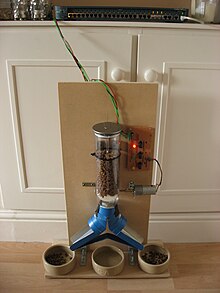

The textbook mentions "hundreds of gigabytes of data" as if
that were extraordinary! My PC has two 2-TB drives.
These machines process small transactions very quickly, and may
have hundreds of disks.
Handle web sites, databases, print services, file services.
Examples:

A single, large job can be distributed over multiple processors. Some special software must corrdinate their work and assemble a final "answer."

The focus is on supporting a single user at a time, running
some "productivity" applications, games, or using the Internet.
Today, all PC OSs support multiprogramming: my Mac is running
393 processes as I write this.
Examples:

Android and iOS dominate here. We have multicore CPUs, lots of memory, cameras and phones, and a gaggle of apps.

Important feature: in general, you cannot download an app to
your toaster or washing machine. This means fewer worries about
memory protection, malicious software, and so on.
However, I see no reason to think that downloadable toaster
apps aren't coming soon enough.
Examples:

These mostly live outdoors, into text things like motion,
smoke, temperature change, precipitation, and so on. Battery
life and tiny amounts of memory are the dominant
concerns in this area.
Example: TinyOS
Monitoring a heart attack victim's vital signs, regulating core temperature in a nuclear power plant, anti-missile defense on a fighter jet, welding items coming down an assembly line.
Imagine the enemy is shooting a missile at your jet. But you
have no worries: you have MissileDefenseOS 4.7. You laugh, and
look to your display to watch the missiles destroyed, only to
see:
"PLEASE WAIT WHILE THE UPGRADE TO MISSILE DEFENSE OS 4.8 IS
INSTALLED. APPROXIMATE TIME: FIVE MINUTES."
Chip-and-PIN cards
Sometimes these cards run Java!